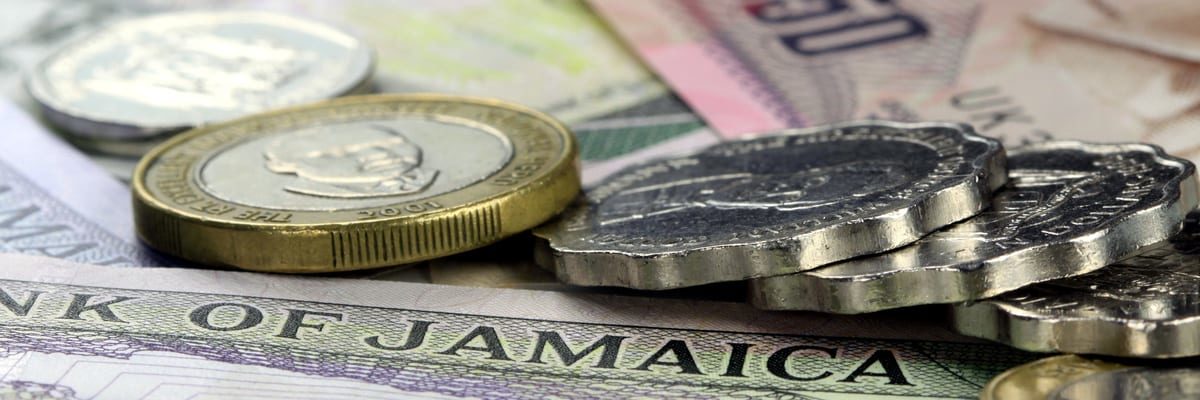

The truth is we have no one but ourselves to blame for how banks are treating Jamaicans today.
Actually, I take that back.
The banks played a calculated game and are now reaping the results of years of lobbying to carve out an ever-bigger chunk from the very people’s monies they are supposedly safekeeping.
For years, the matter of banks arbitrarily dictating their terms of service has been a contentious issue—growing into yet another zealous discussion amid the recent fee guide announced by Jamaica’s largest financial institution, National Commercial Bank (NCB).
I get it. People are upset at the knowledge they have to PAY the bank to access their own money.
It is outrageous, unfair and unimaginably lacking conscience considering the impact the coronavirus (COVID-19) pandemic has had on the country and the pockets of hard-working Jamaicans.
However, NCB was beaten at the gun by the second-largest bank, Scotiabank, which scrapped one-time, monthly fees in favour of instituting a per-transaction regimen of fees and penalties since August 2020.
But alas, the writing was already on the wall even before that.
Let’s rewind two years before the pandemic, to 2018.
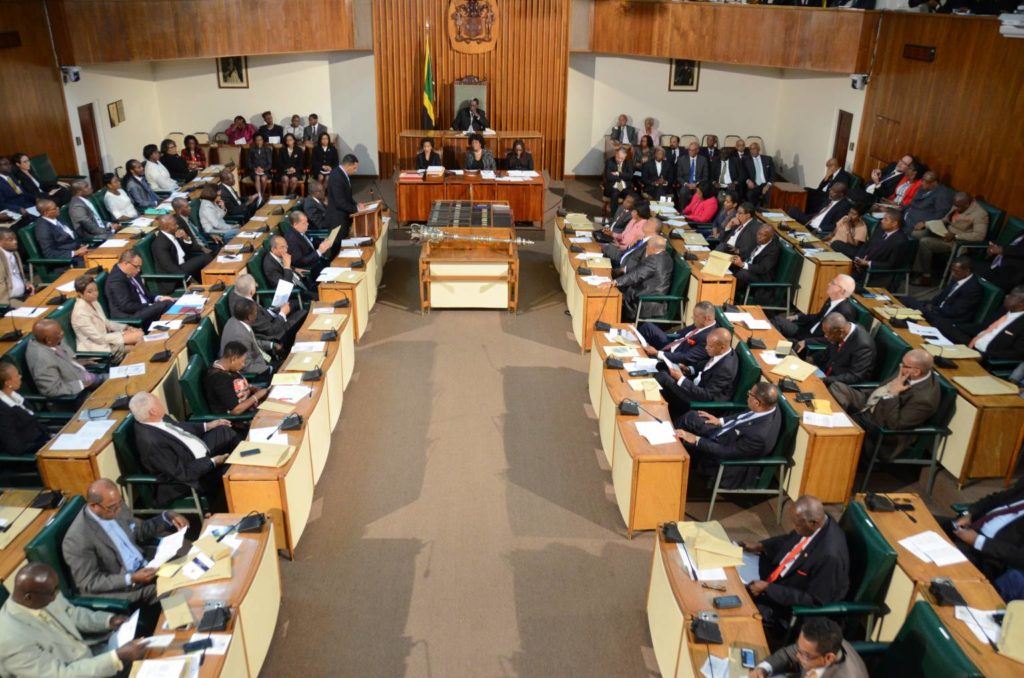
You could consider this a turning point for the worst on the banking fees matter as the topic was consistently lobbed like a political football across administrations for a decade since 2008.
It is mid-February 2018 and Member of Parliament Fitz Jackson is licking his political wounds after failing to get support from the Holness Government in passing the Banking Services Act.
The legislation, which is a Private Member’s Bill brought by Jackson, Member of Parliament for South St Catherine, aimed to have the Bank of Jamaica (BOJ) regulate the use of fees and charges by financial institutions and ensure greater protection for customers.
In what was clearly split along partisan lines, the Jamaica Labour Party-led (JLP) Government, holding a razor-thin majority, sided with banks and against the Opposition by voting 30-29 to amendments of the act.
The bill, which sought to impose a “minimum service package” for banks licensed to operate in Jamaica, was slammed as draconian and intrusive by many.
Chief among them was the Private Sector Organisation of Jamaica (PSOJ), whose president at the time, P.B. Scott, warned against the ‘retrograde step’ and potential of government overreach in the financial market.
In an ode to the financial crash of the 1990s, Scott further argued that the bill could serve as a promulgation of “where the state once again will return to pricing controls”.
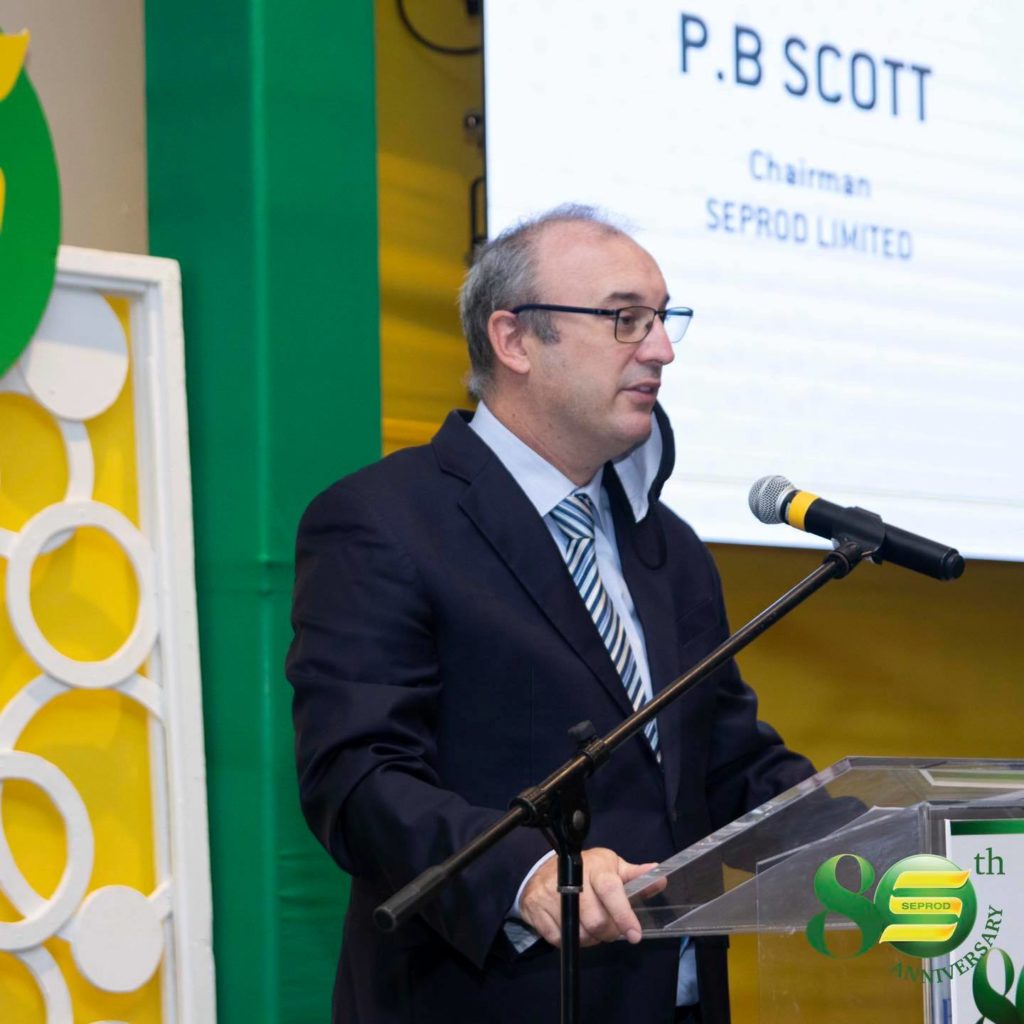
“Our stagnation over the past 40 years is directly as a result of markets not being allowed to be efficient. Our view (PSOJ) is that what is needed at this time is deregulation of capital markets, thus allowing a deepening of capital availability and participation, which in turn will allow for greater competitiveness and employment,” Scott is quoted as saying.
“The only way for the Jamaican economy to grow sustainably from decades of stagnation is to create an efficient capital market, and make capital available for expansion and investment, through deregulation, not by further trying to regulate a market already suffering and paying the price of overregulation,” he added.
Respected economist Dr Damien King also weighed in on the law, counterarguing that the problem had an ‘easy solution’: Jamaicans just needed to switch to another bank where the fees were lower.
King, engaged in a Twitter spat with Jackson after declaring the Banking Services Act was “better off dead”, tweeted, “If there are banks offering the same level of service without exorbitant fees, why do we need legislation? Ppl who don’t like the fees can just choose the low-fee banks.”

Back in 2018, fees accounted for 20 per cent of banks’ revenue. As stated, it was a touchy subject 10 years earlier, which even prompted a BOJ study.
Fast-forward to 2022, four years since the ill-fated bill, where it is estimated banks now make around 40 per cent of their revenue in fees alone. Imagine that, your margin of fines (and profit) doubles in a matter of years.
So what have we learned from this?
Well, I’ve made a few observations:
- Whatever ‘investment’ made on the part of the banking lobbyists to coerce Parliament to kill the Banking Services Act has paid-off many-fold since 2018.
- It is no longer a matter of ‘who’ is charging fees, but ‘how much’ across several banks.
- As a business, banks are not obligated to care about public sentiment, outcry or backlash. As long as the money keeps coming—and as long as they can find ‘creative’ ways to extract an ‘inconsequential’ sum from hundreds of thousands of Jamaicans—they can block out the noise and focus on profit (i.e., capitalists will ALWAYS capitalise).
- Once another bank decides to join the ‘free-for-all’, a distinct pattern takes shape: from public outrage to political mileage to inaction to silence and eventual acceptance. In all cases, nothing is ever done and the public is forced to go along with the cycles of injustice after the uproar dies down.
At this rate, why should banks care that we’re upset? Who in their right minds gives up power, let alone CONTROL OVER MONEY?
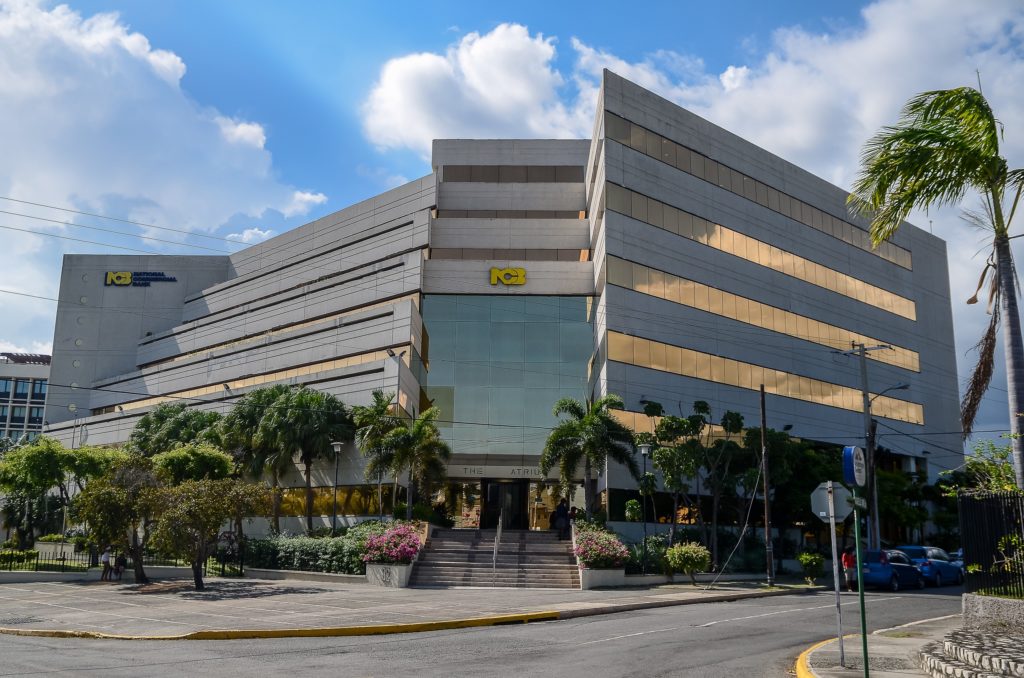
Ignore the fact that if we all decided, in one go, to withdraw our monies from these capitalist institutions, they would die like the parasites they are. Our deposits are the life essence of these banks’ entire existence, they cannot survive in a vacuum without us.
Let’s face it, guys. Our politicians paved a path of roses for these banks while making a bed of nails for the average depositing public.
The greater crime is that we continue to sleep on it, despite the obvious discomfort and inequity.
We have all the right to be outraged but we cannot let our emotions get the better of us because the banks actively want this. While we sit and bicker over what to do, they fatten their profits ever so slightly, never having to worry that anything monumental will come from these discussions.
My question, to you Jamaicans, is when will enough finally be enough?
READ MORE:
- Jamaican Twitter rips JLP for letter urging Gov’t action amid banking fee increase
- PNP defends Banking Services legislation amid Samuda’s “deeply flawed” Twitter assault


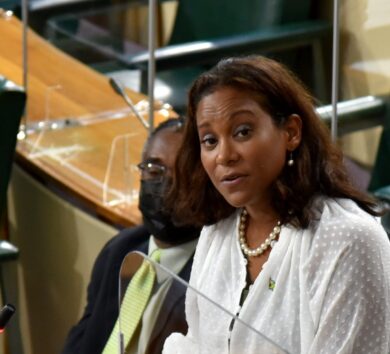
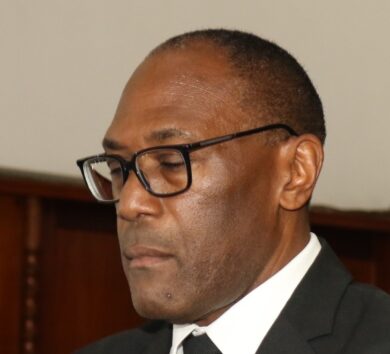



Comments